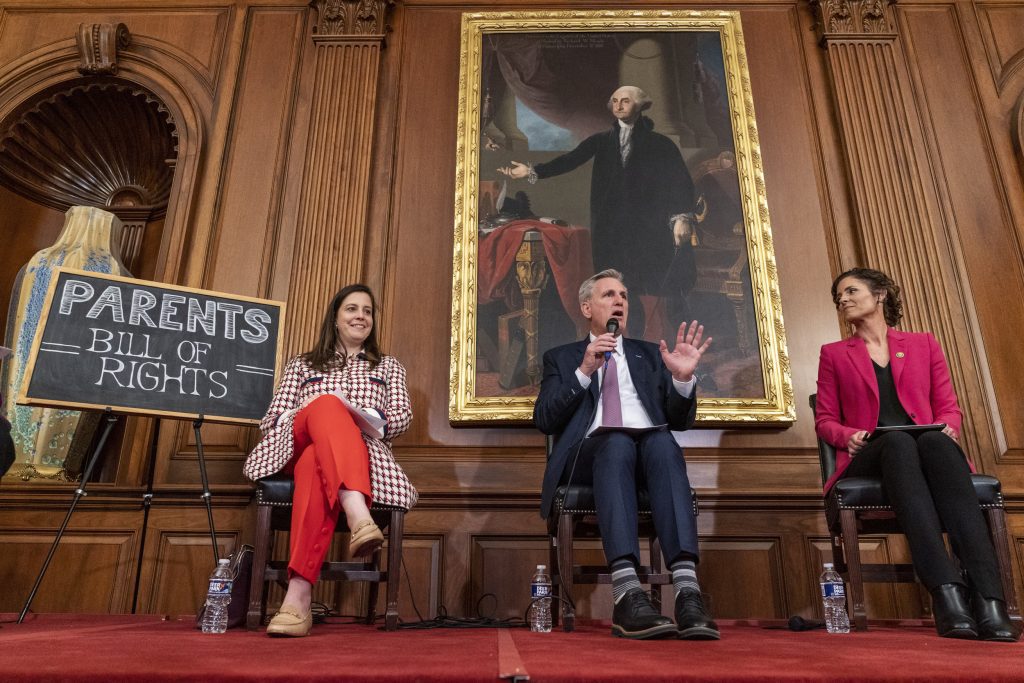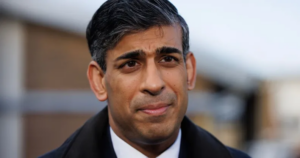The House of Representatives has passed a controversial “Parents' Bill of Rights” measure that has been criticized by LGBTQ+ advocates for potentially harming the rights and well-being of LGBTQ+ youth.
The bill, which was introduced by Republicans, seeks to limit the power of the federal government and promote the rights of parents in education and healthcare decisions for their children. It would also require parental consent for certain medical procedures and prohibit federal funds from being used to promote or teach critical race theory in schools.

However, many LGBTQ+ advocates and Democratic lawmakers have argued that the bill could have negative consequences for LGBTQ+ youth, who may face discrimination and rejection from their parents or guardians. The bill's provisions could make it more difficult for LGBTQ+ youth to access necessary healthcare services, including mental health care and gender-affirming care.
“By promoting this ‘Parents' Bill of Rights,' Republicans are promoting the rights of parents to discriminate against their own children,” said Charlotte Clymer, an LGBTQ+ rights activist and spokesperson for the Human Rights Campaign. “It is unconscionable that in the year 2023, lawmakers are actively working to harm LGBTQ+ youth.”
Several Democratic lawmakers also spoke out against the bill during the House debate, citing concerns about its potential impact on marginalized communities. “This bill is an attempt to turn back the clock on progress for LGBTQ+ youth and other vulnerable populations,” said Rep. Mark Pocan (D-WI).
The bill is not expected to pass in the Senate, where Democrats hold a slim majority. However, its passage in the House has raised concerns among LGBTQ+ advocates, who fear that similar measures could gain traction in other states.
“This bill is a clear attack on the rights of LGBTQ+ youth and their families,” said Janson Wu, executive director of GLBTQ Legal Advocates & Defenders (GLAD). “We will continue to fight against any efforts to erode the rights and dignity of LGBTQ+ people, both in Congress and in state legislatures across the country.”
Author























